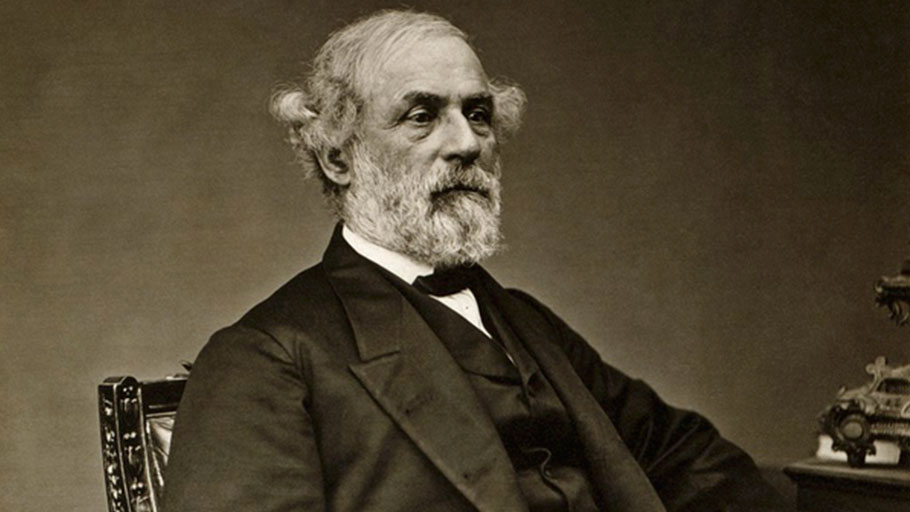
By Michael McLean, HNN — There’s a fabled moment from the Battle of Fredericksburg, a gruesome Civil War battle that extinguished several thousand lives, when the commander of a rebel…

By Michael McLean, HNN — There’s a fabled moment from the Battle of Fredericksburg, a gruesome Civil War battle that extinguished several thousand lives, when the commander of a rebel…
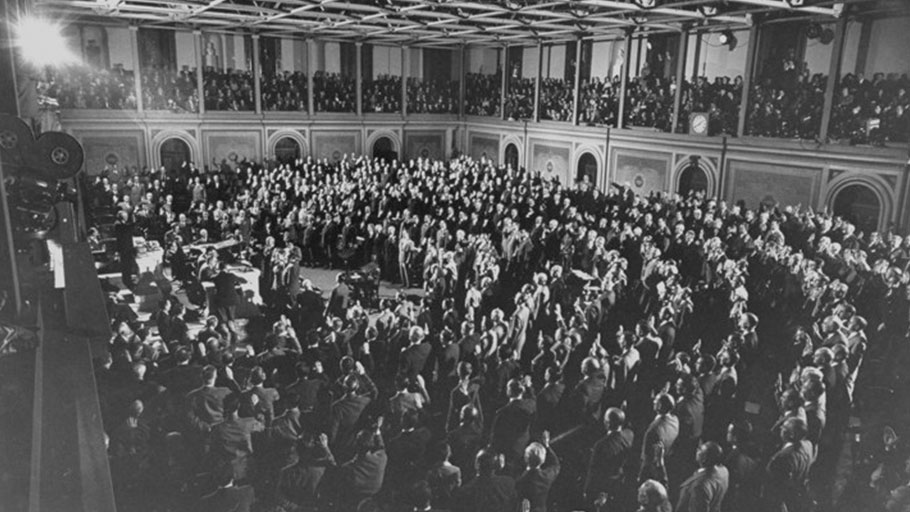
More than two centuries after it was designed to empower southern white voters, the system continues to do just that. By Wilfred Codrington III, The Atlantic — s a color-blind…
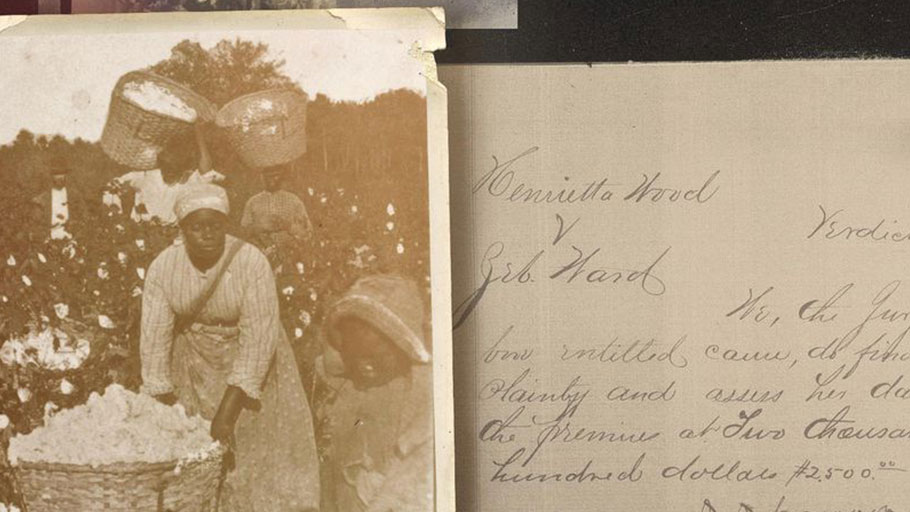
In 1870, Henrietta Wood Sued for Reparations—and Won. The $2,500 verdict, the largest ever of its kind, offers evidence of the generational impact such awards can have. By W. Caleb McDaniel, Smithsonian Magazine— On April 17, 1878, 12 white jurors entered a federal courtroom in Cincinnati to deliver the verdict in a now-forgotten lawsuit about American slavery. The plaintiff was Henrietta Wood, described by a reporter at the time as…
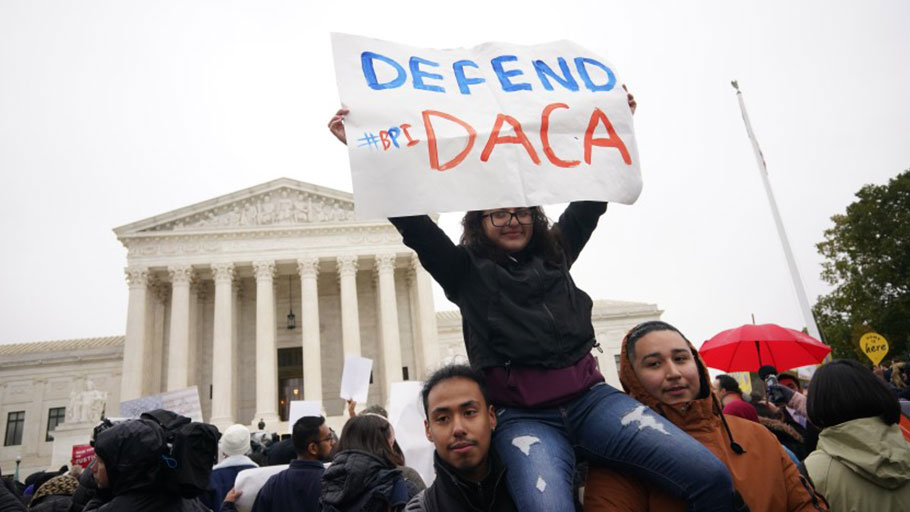
The law is sometimes characterized as a clear set of rules, but it isn’t always so straightforward. By Jamal Greene and Elora Mukherjee, Los Angeles Times — The Morgan children were in their pajamas, probably dreaming, when four men broke into their home before daylight, loaded them into the back of an open wagon and forcibly took them across Pennsylvania’s southern border. The year was 1837. “DREAMERS” attend a news…

By Allison Miller — History, as a discipline, has a race problem. White people dominate the study of history, as students and as those who earn PhDs. According to federal…
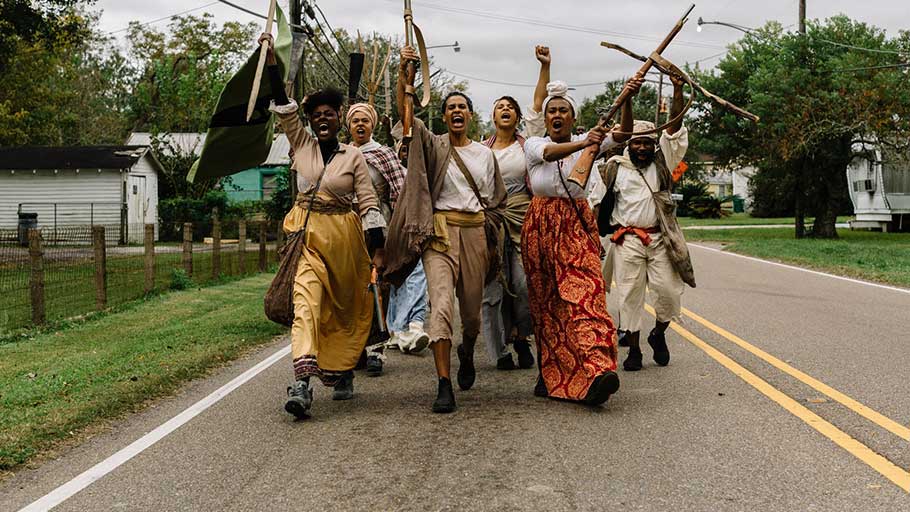
Some 500 enslaved people revolted in Louisiana but were largely ignored by history. Two centuries later, an ambitious re-enactment brings their uprising back to life. By Rick Rojas, The New…

By Dr. Maulana Karenga — This is a reminder, prelude and promise of a coming review on the movie “Harriet”. This is in joyful and grateful homage to our illustrious…
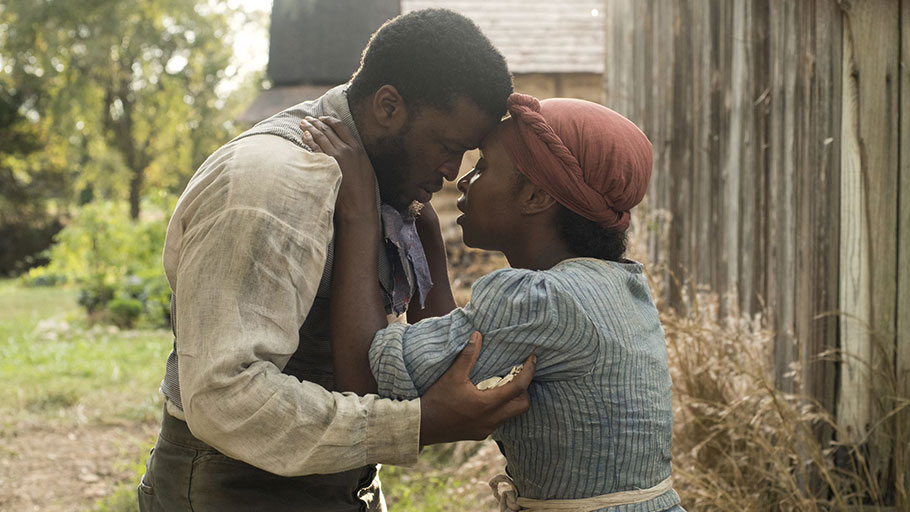
By Richard Brody, The New Yorker — A common failure of movies, especially historical ones, is that they don’t open their drama to intellectual context or to the inner lives…

To truly understand the debt this country owes to Black people is to be liberated from the bondage of miseducation that we’ve remained shackled to in the so-called land of…

White history is still normalized. Non-white history is seen as provocative. By Nick Martin, The New Republic – Imagine, for a moment, you’re about eight years old, standing in a…
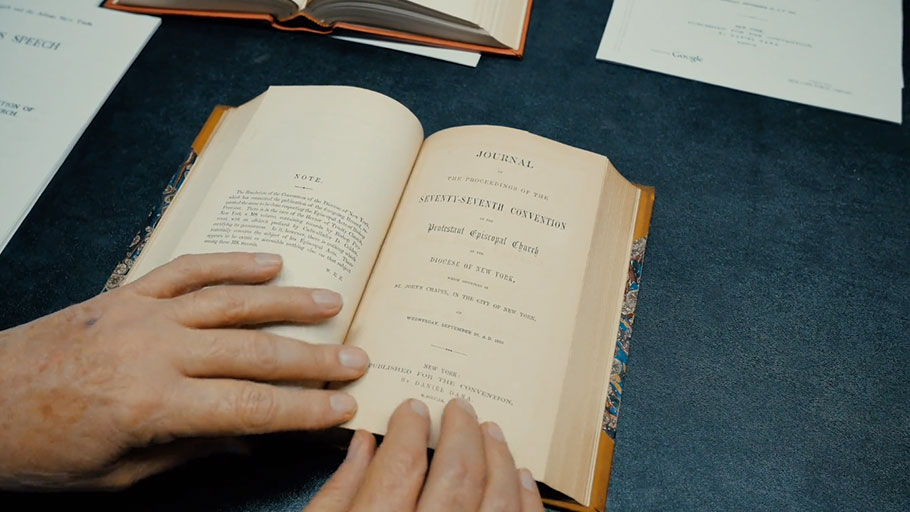
By Egan Millard, Episcopal News Service — At its annual convention on Nov. 8 and 9, the Diocese of New York established a task force to examine how it can make meaningful reparations for its participation in the slave trade and committed $1.1 million from its endowment to fund the efforts the task force recommends. It also passed four resolutions condemning slavery, which had first been introduced by John Clarkson Jay – grandson of…

Says reparation is compensation, not a gift. By Jeremiah Poff, The College Fix — The prime minister of Antigua and Barbuda recently sent a letter to the president of Harvard…